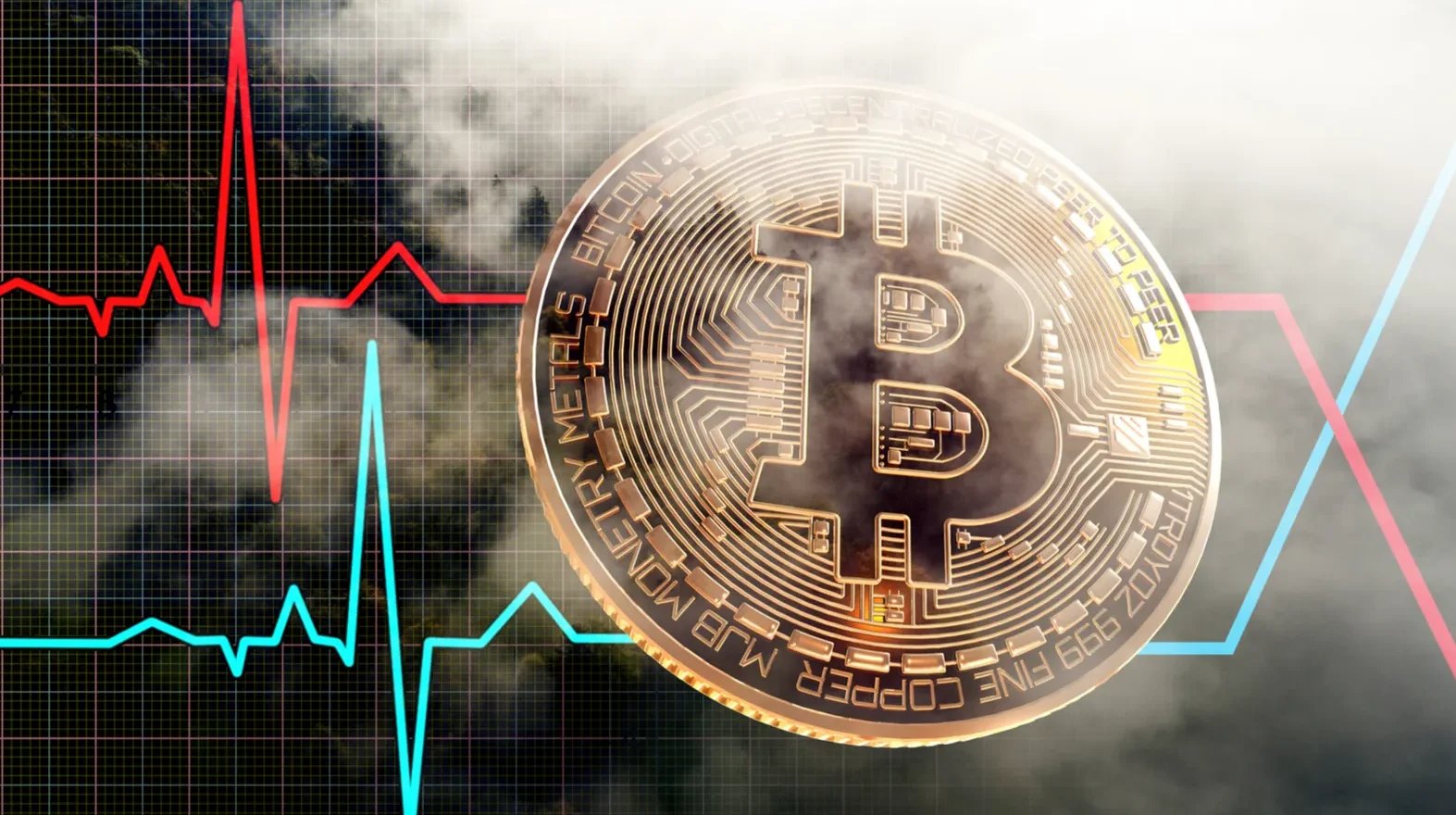Bitcoin news is still the most popular cryptocurrency in the world of digital assets, and it always grabs the attention of investors, regulators, and IT fans. Anyone seeking to comprehend the evolution of cryptocurrencies, blockchain technology, and the overall financial system must remain current with. This article looks at the most recent changes in Bitcoin, including changes in the market, regulations, technology, and its growing importance in global finance.
Recently, the trend of institutions adopting has sped up a lot. Companies such as MicroStrategy, Tesla, and Square have garnered significant attention for investing significant portions of their cash reserves in Bitcoin. Their action shows that they believe in its long-term potential. PayPal and Mastercard are two payment platforms that now let their consumers use Bitcoin to pay for things. The move makes the cryptocurrency even more a part of ordinary financial services. These changes not only make Bitcoin easier to trade, but they also make it more widely accepted as a way to store value and trade.
Bitcoin Market Trends and Volatility
The price of is still quite volatile and typically reacts to a complicated mix of events, including changes in the economy, geopolitical tensions, and about regulations. Investors closely monitor market indicators and events such as Bitcoin halving cycles, which occur approximately every four years and reduce the rate at which new Bitcoins are created. This mechanism creates scarcity, drawing comparisons with gold and other valuable metals. Past price rises have also been associated with this phenomenon.

In addition to regular spot markets, trading in Bitcoin futures and options through exchanges like the Chicago Mercantile Exchange (CME) makes the market more intriguing. These tools let investors hedge their positions and show diverse views on the market, which affects price discovery and volatility. Bitcoin’s functionality and market reach are also growing because of the advent of decentralized finance (DeFi) apps that use wrapped Bitcoin tokens on blockchains like Ethereum.
Global Regulatory Challenges and Opportunities
Regulation is a big part of how Bitcoin will move forward. Governments and financial regulators throughout the world are trying to find a balance between encouraging new ideas and lowering the risks that come with bitcoin, such as fraud, money laundering, and protecting consumers. The regulatory landscape is still not very clear, and countries are taking different approaches.
El Salvador made news when it became the first country to make legal tender, making it a crypto-friendly center. China’s outright ban on Bitcoin mining and trading, on the other hand, shows that people are still worried about the effects on the environment and the stability of the economy. The U.S. Securities and Exchange Commission (SEC) and the Financial Action Task Force (FATF) are two examples of regulatory authorities that are still working on frameworks to make it easier for exchanges, custodians, and investors to understand what they need to do to obeyhe rules. Bitcoin news
This lack of clear rules makes things harder and easier at the same time. Clearer laws should make it easier for institutions to use the technology by lowering legal risks. However, stricter compliance may raise prices for smaller actors in the ecosystem. Fidelity Investments and BlackRock, two big names in the industry, say that clearer rules will lead to more investment in Bitcoin and other related products.
Bitcoin is still important because of its ongoing technological progress. The Lightning Network is a second-layer scaling solution that lets anyone make instant, low-cost Bitcoin transactions by settling payments off-chain. This feature is one of the most exciting new developments. This protocol fixes Bitcoin’s problems with scalability, making it useful for small payments and everyday use in In 2021, Taproot, another significant update, enhances privacy features. Taproot speeds up transactions and simplifies complicated smart contracts, which increases Bitcoin’s potential for decentralized applications and more advanced financial tools.

ASIC miner technology is getting better all the time, which makes mining more energy-efficient and helps ease environmental worries. Some mining companies are now relying increasingly on renewaincreasinglyurces. This is part of a larger movement in the sector toward sustainability. Bitcoin news
Bitcoin threatens existing monetary systems that are based on fiat currencies and controlled by central authorities on a global basis. The advent of has led central banks throughout the world to look into Central Bank Digital Currencies (CBDCs) as a method to modernize their own financial systems. However, CBDCs are very different from Bitcoin’s decentralized nature.
Bitcoin is especially useful for international payments and remittances because it cuts costs and accelerates the processaccelerates to traditional ways. This trait is beneficial for both mbeneficialnt workers and businesses that do business internationally because it speeds up and lowers the cost of money transfers.
Final thoughts
There are important people in the Bitcoin ecosystem whose work and advocacy impact how the public understands and innovates. Andreas Antonopoulos is a well-known and influential teacher who makes Bitcoin easier to understand by making it simple to undersimpled. Michael Saylor, the CEO of MicroStrategy, has been a strong supporter of Bitcoin as a treasury asset, which has made institutions more interested. Vitalik Buterin, who works on Ethereum, is more known for smart contracts and DeFi, but his work helps Bitcoin by making the blockchain realm bigger.
Bitcoin Miami and the Consensus conference are two big events in the sector where developers, investors, policymakers, and innovators can talk to each other. These events are essential foressentialtions, showing off new technologies, and getting a sense of how the market feels. Bitcoin news







